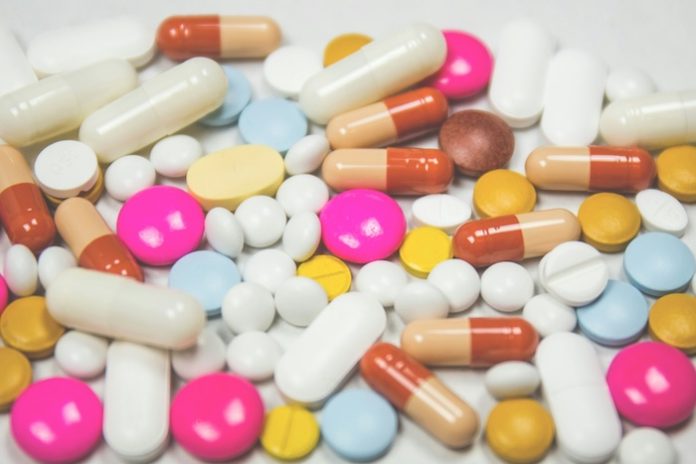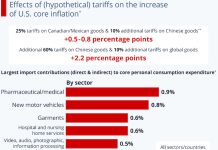In the recent progression of imposing tariffs, U.S. President Donald Trump has exempted Indian pharmaceutical products from the newly imposed reciprocal tariffs. This exemption highlights the vital role of India’s cost-effective generic medicines in the U.S. healthcare system, where nearly half of all generic drugs are supplied by Indian companies.
While the U.S. has imposed a 26% tariff on Indian imports across various sectors, pharmaceuticals were notably spared. This decision has brought relief to Indian drug manufacturers, who collectively export around $9 billion worth of medicines to the U.S. Annually.
“The decision to exempt pharmaceuticals underscores the indispensable role of Indian generics in making healthcare affordable for millions of Americans,” said Sudarshan Jain, secretary general of the Indian Pharmaceutical Alliance (IPA), as quoted by The Financial Express. “We appreciate the recognition of our contribution to global health and look forward to continued collaboration with the U.S.”
Stock markets responded positively to the announcement, with major Indian pharmaceutical firms such as Dr. Reddy’s Laboratories, Gland Pharma, Cipla, and Sun Pharma witnessing a surge of up to 5% in their share prices. Reuters reported that investors welcomed the move, interpreting it as a sign of stability in Indo-U.S. trade relations.
India has been a key supplier of generic drugs to the U.S. for decades, ensuring that essential medicines remain affordable. According to The Economic Times, Indian pharmaceutical exports helped American consumers save approximately $219 billion in healthcare costs in 2022 alone, with total savings exceeding $1.3 trillion over the past decade.
According to an industry expert, “Indian generics play a fundamental role in keeping drug prices low in the U.S.”. “Any disruption in this supply chain would have had severe consequences for patients and healthcare providers.”
The White House has suggested that removing trade barriers in other sectors could help boost U.S. exports to India by $5.3 billion annually. While India’s pharmaceutical sector has been spared, discussions continue on tariffs affecting other industries.
“This is a positive step, but trade relations remain complex,” said an anonymous U.S. official speaking to Reuters. “There are still concerns about market access and regulatory challenges, but this decision signals that negotiations are moving in the right direction.”
Looking ahead, industry leaders believe that this exemption sets a precedent for further cooperation between the two nations. “The mutual benefit of strong Indo-U.S. pharmaceutical trade is undeniable,” said an executive from a leading Indian pharma company. “We hope that future trade discussions continue to prioritize healthcare affordability and accessibility.”
With both countries seeking to strengthen economic ties, the exemption of Indian pharmaceuticals from tariffs may serve as a foundation for broader trade negotiations, benefiting industries on both sides.









